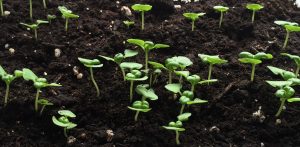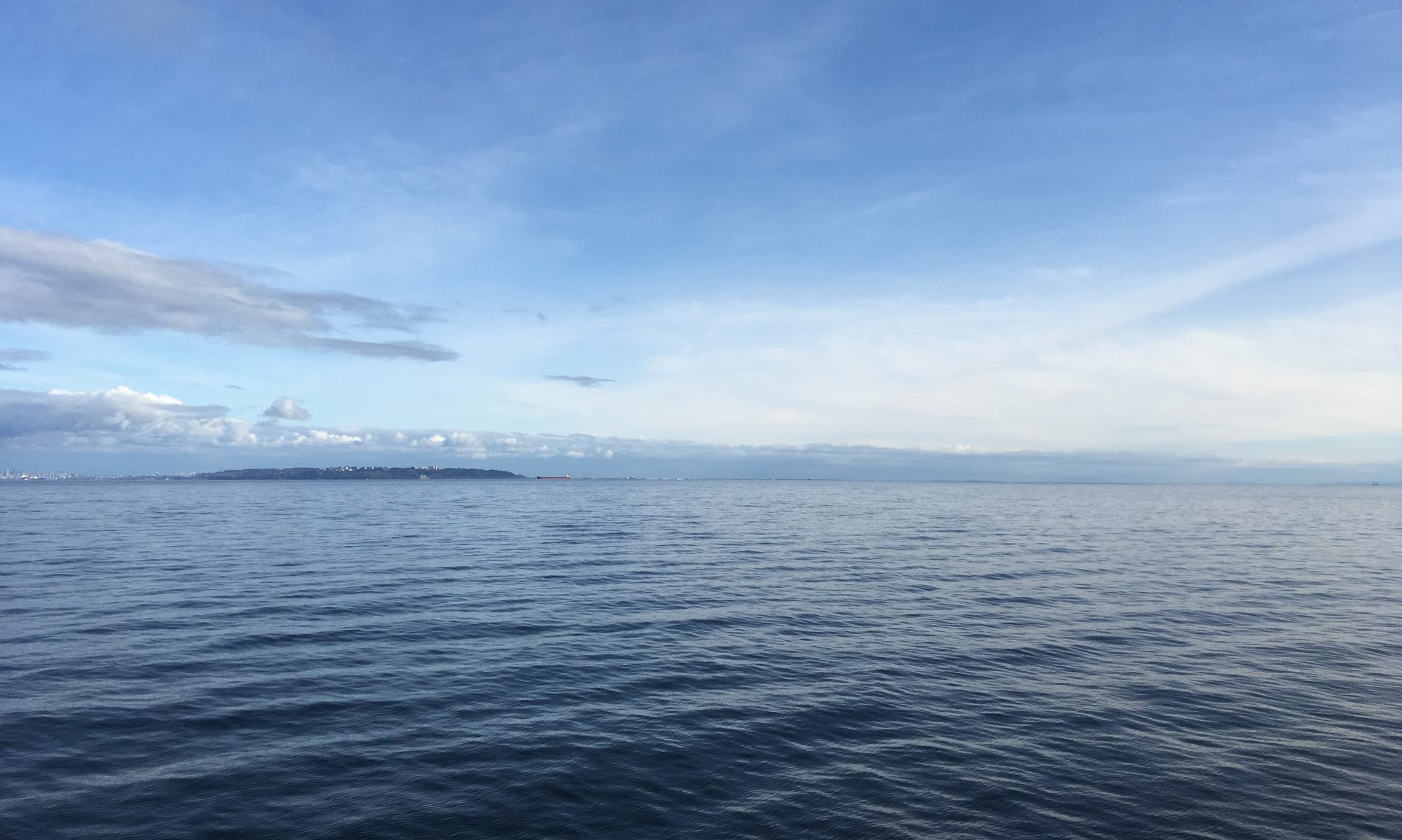
I was born and raised in the city of Vancouver which was founded on the unceded territories of the Musqueam, Squamish and Tsleil-Watuth First Nations. As the descendant of Scottish, French and German settlers, I humbly recognize this truth and honour the First Nations of this continent or Turtle Island, as its known in Indigenous oral history, for their tremendous resilience, courage and strength. In matters of truth and reconciliation, I look to them for the directions on the road forward…
I begin this academic year as a student at Capilano University where I am in pursuit of a Bachelor of Arts degree with a Major in Liberal Studies. The LSBA program, as its known at Capilano University, is tailored to each individual students’ interests and based on the value and promotion of interdisciplinary thinking. Through the required Liberal Studies core courses, students are introduced to the philosophical underpinnings of interdisciplinarity and its applications in current academic research. The Liberal Studies core courses also engage students in an ongoing process of self-reflection and this intellectual biography is a product of this informative and revealing process.
As the only child of two parents both working in the arts, I had the great privilege of a childhood steeped in music, theatre, dance and visual art. My strong interest in classical music as a preschooler prompted my parents to exchange my season tickets for the Vancouver Symphony Orchestra from their children’s programming to the classical composers series. The broad exposure to art that I received as a child, including plays produced by Green Thumb Theatre for Young People, performance art at the Vancouver Art Gallery and music from around the world hosted by the Vancouver Folk Music Festival and Vancouver East Cultural Centre, has undoubtedly shaped who I am today and defined the lens through which I view the world.
I attended the first 6 years of public school in French immersion after which I quit school for the first time at the age of 10. I spent half a year going to work with my mother at Playwright’s Theatre Centre on Granville Island where I spent my days wandering between Axis Theatre, Carousel Theatre and The Vancouver Writer’s Festival offices offering my shredding services to my mother’s friends and colleagues and to the public market for delicious, fresh meals.
By the time I was 11, I had undergone psychological and cognitive testing by the Vancouver School Board’s experts and been deemed “gifted”. This meant that I was eligible to be enrolled in one of four multi-age cluster classes scattered throughout the city, within various public schools, designed for students with this special designation.
It was here that I had my first experiences with academic rigour while writing expository essays, reading To Kill A Mockingbird and discussing lofty concepts like propaganda, and where I developed strong research skills while working on two year-long independent research projects. It was also here that a stark contrast was drawn for me between our curriculum, or lack thereof, and the one being dispensed to the rest of the school. As somewhat of an outsider within the school system, I had the privilege of a unique perspective which raised many deep questions for me around issues of justice and the pedagogical values of my instructors and the system as a whole.
I continued to ponder these and other questions as I completed elementary school and made the transition into secondary school. For the first year and a half of high school, I attended a performing arts mini-school which I auditioned to be accepted into. At this time, I was being followed by a team of filmmakers who were working on a documentary called SuperKids about “gifted” children applying to specialty high schools. The interview process with them was a great opportunity for me to reflect upon my time in the multi-age cluster class and to express my academic ambitions and emerging views.
I was only at Lord Byng Secondary’s performing arts mini school for a year and a half before I quit again. I was grateful for the enriched theatre performance education the school offered, but I disliked the one-hour commute each way and the significant leap in socioeconomic status the commute represented, for me, between families from the east side of Vancouver, where I’m from, and those from the west side, where the school is located. When the elementary school I’d attended was regarded as a poverty-stricken, inner-city school and stigmatized by fellow classmates and staff, I was shocked and appalled. After leaving Lord Byng, I promptly registered for distance education and began to provide child care for work full-time. Studying by correspondence helped me hone my self-advocacy skills and gave me experience designing my own education.
During this time, I visited a number of alternative schools such as Waldorf and Windsor House and investigated the philosophies behind de-schooling and democratic schools. I acquired a deep interest in early childhood education through my work experience in child care and attended the International Democratic Education conferenced hosted at the University of British Columbia. I immersed myself in film-making with a small group of friends and attended the Gulf Island Film School with them on scholarship. My interest in film-making and theatre persisted and ultimately drew me back to school. I returned to Templeton High School which is home to an extraordinary theatre and film program. There, I participated in producing several short films and performed in the annual theatre production before leaving traditional high school for the last time in the eleventh grade.
Over the next few years, I abandoned my academic and artistic pursuits while I explored new relationships and focused on my personal life. I moved to Alberta briefly then returned to Vancouver, as a mature student, to resume my studies at Capilano University where I began taking pre-requisites in preparation for applying to nursing school. After completing the required courses for nursing school, I decided to remain at Capilano to complete my Bachelor’s degree with a Major in Liberal Studies.
A self-designed degree focusing on interdisciplinarity appeals to me because it reflects the broad and unconventional education I’ve had thus far. I intend to use the core liberal studies courses of this undergraduate degree to learn more about the history of the disciplines and the different ways that research can be strengthened and limited by applying interdisciplinary methods. I look forward to being introduced to different approaches to knowledge and to further reflecting upon myself as a learner in order to clarify my future goals.
